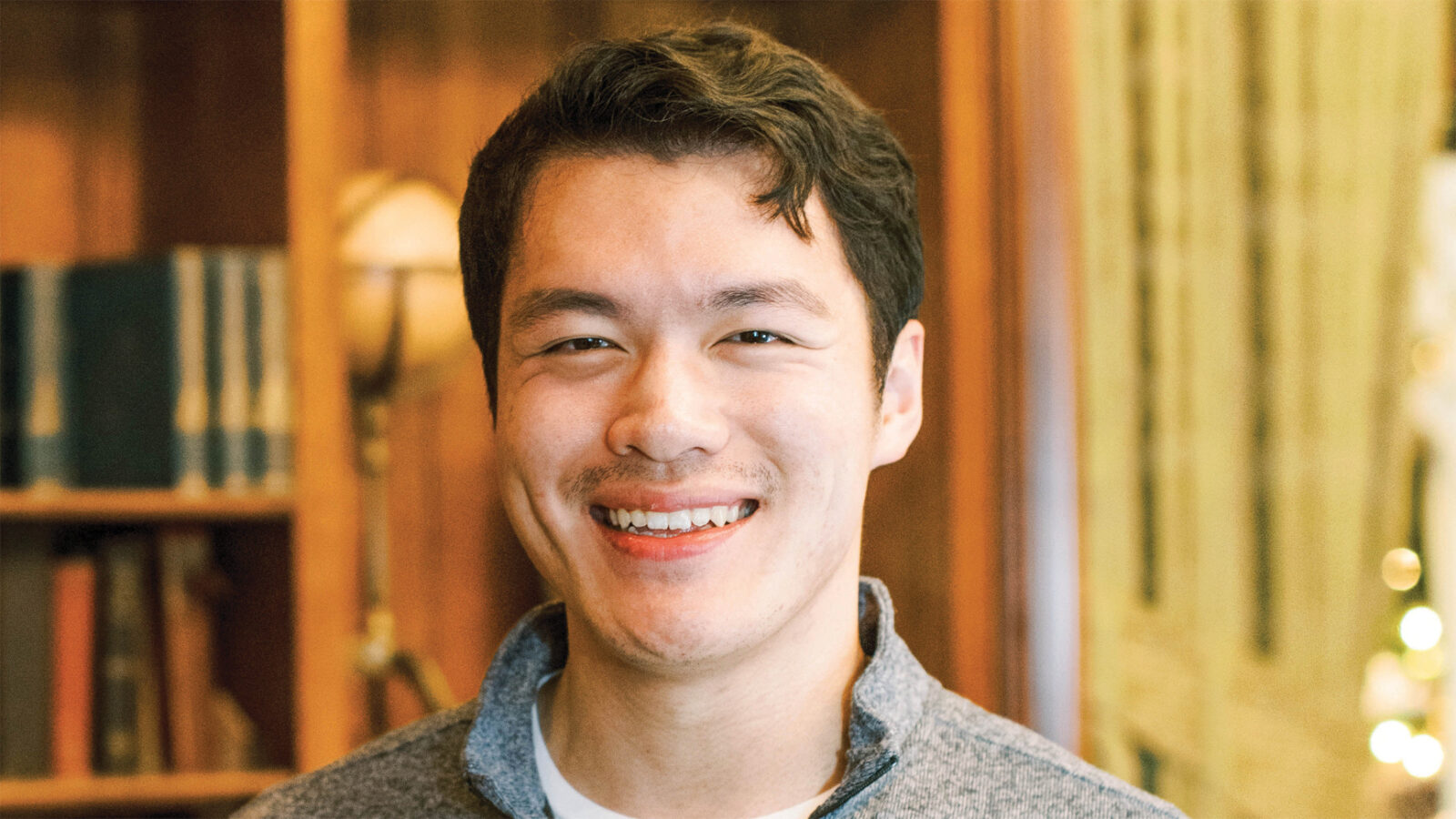Kevin Zongzhe Li ’16 organizes and advocates for solutions to climate crisis
Kevin Zongzhe Li ’16 first began thinking about the environment as a kid in Shanghai, China, but it was his experience in AP Environmental Science at Williston that helped him connect the dots about the factors that affect our world. “That course helped me understand from a bird’s-eye view which areas work together to form the environment we live in,” Li says.
Li’s steps since his Williston days have only solidified his interest in combating climate change, with a specific focus on how better collaboration between China and the U.S. could lead to environmental improvements. Having earned a degree in environmental and sustainability sciences from Cornell University, he is currently a candidate for a master’s in public policy at the Harvard Kennedy School of Government. Among his many other accomplishments: co-founding the U.S.-China Climate Forum—a community for thoughtful engagement and constructive dialogues—as well as GreenClub, a nonprofit that helped deliver emission offsets for the Cornell community. He has worked for the Coalition for Private Investment in Conservation; was a climate financing consultant for the government of Tonga; worked in Deloitte’s climate and sustainability practice; and, this winter, was the programming lead for climate change for Harvard’s Social Enterprise Conference. Busy is an understatement for Li, but it’s motion with a purpose.
“I want to figure out how to scale solutions,” Li says, “in a way that works for different stakeholders.” At the Social Enterprise Conference, Li put together and moderated a panel on climate financing that brought together experts from different sectors. “Having a strong climate voice at the social enterprise conference was important,” Li said, “because there are a lot of social challenges society is going through, but one that’s going to affect us the most is obviously climate change.” Next up for Li? “I really want to help mobilize more private capital toward investing in climate,” Li says, “and long-term, I see myself operating somewhere between China and the U.S. to bridge the divide in some way. Hopefully, that work can contribute meaningfully as part of the solution toward addressing climate change.”

